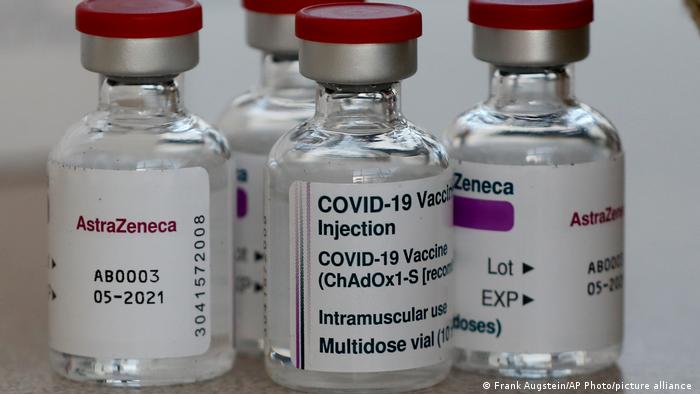AstraZeneca says its experts also identified no safety concerns related to the vaccine, including a rare blood clot that was identified in Europe.
This is as advanced trial data from a US study on the AstraZeneca Covid-19 vaccine shows it is 79% effective, in long-awaited research that may answer some questions about the shot’s effectiveness in older populations.
According to AstraZeneca, experts found no increased risk of clots among the more than 20,000 people who got at least one dose of the AstraZeneca shot.
Although AstraZeneca’s vaccine has been authorized in more than 50 countries, it has not yet been given the green light in the US The US study comprised more than 30,000 volunteers, of whom two-thirds were given the vaccine while the rest got dummy shots.
In a statement, AstraZeneca said its vaccine had a 79% efficacy rate at preventing symptomatic COVID-19 and was 100% effective in stopping severe disease and hospitalisation.
Investigators said the vaccine was effective across all ages, including older people — which previous studies in other countries had failed to establish.
The early findings from the US study are just one set of information AstraZeneca must submit to the Food and Drug Administration.
An FDA advisory committee will publicly debate the evidence behind the shots before the agency decides whether to allow emergency use of the vaccine.
Scientists have been awaiting results of the US study in hopes it will clear up some of the confusion about just how well the shots really work.
Britain first authorized the vaccine based on partial results from testing in the United Kingdom, Brazil and South Africa that suggested the shots were about 70% effective.
“These findings reconfirm previous results observed,” said Ann Falsey of the University of Rochester School of Medicine, who helped lead the trial. “It’s exciting to see similar efficacy results in people over 65 for the first time.”
AstraZeneca said it would continue to analyze the data in preparation for submitting it to the FDA in the coming weeks.
It said the data would also soon be published in a peer-reviewed journal.

